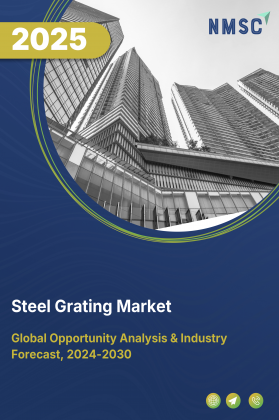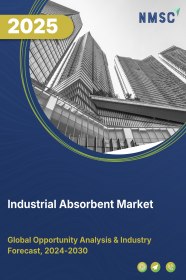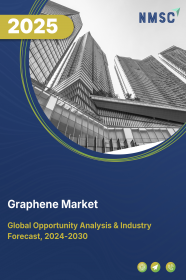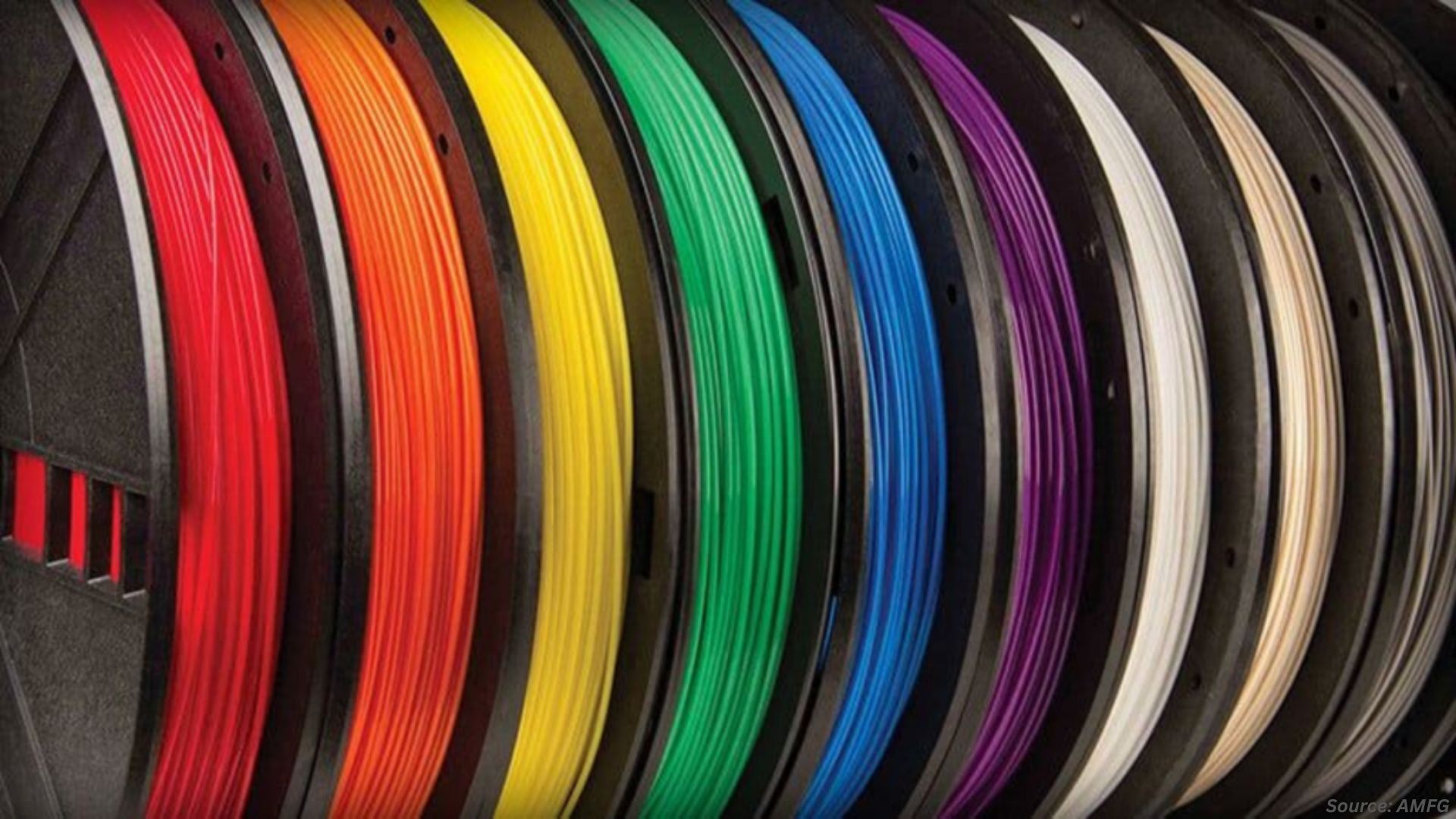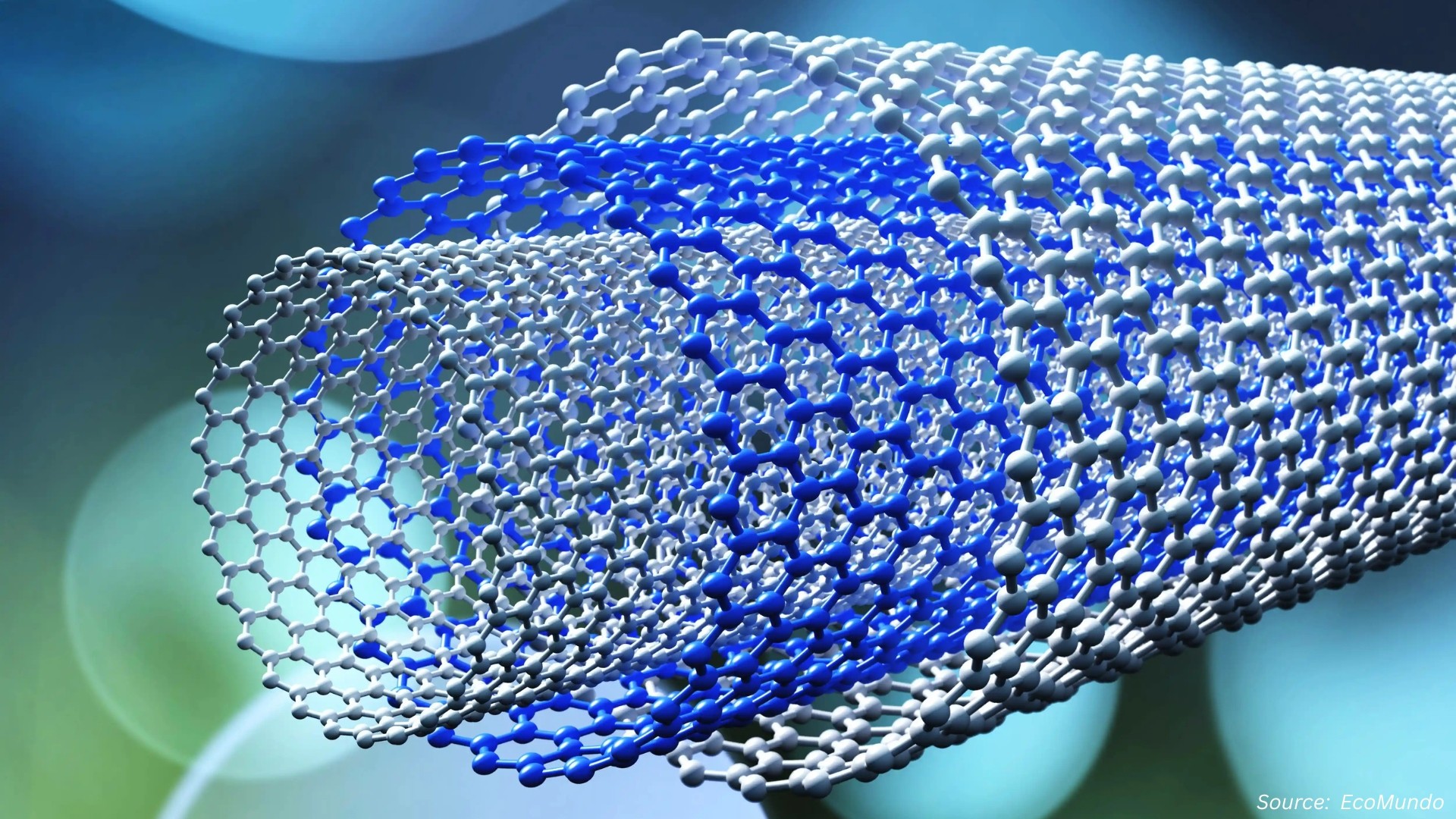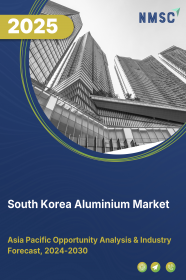
South Korea Aluminum Market b Type (Primary and Secondary), By Product Type (Flat-Rolled, Casting, Extrusions, Forgings,Powder & Paste, Billets, Wire Rods,and Others), by Alloy Series (1xxx Series, 2xxx Series, and Others), By End User (Transportation, Machinery & Equipment, Construction, Packaging, Electrical Engineering, and Other End Users – Global Opportunity Analysis and Industry Forecast, 2024–2030.
Industry: Materials and Chemical | Publish Date: 04-Oct-2025 | No of Pages: 111 | No. of Tables: 186 | No. of Figures: 111 | Format: PDF | Report Code : MC1358
Industry Overview
The South Korea Aluminum Market size was valued at USD 10 billion in 2023, and is predicted to reach USD 14.86 billion by 2030, at a CAGR of 5.8% from 2024 to 2030. The aluminum sector covers the industry focused on producing, distributing, and utilizing aluminum, a light and silvery metal.
Aluminum constitutes approximately 8% of the Earth's crust and is recognized for its low density, high strength, and resistance to corrosion from a natural oxide layer. These properties make aluminum crucial in industries like aerospace, automotive, construction, packaging, and electronics.
Its lightweight nature enhances efficiency, particularly in transportation. Aluminum is extracted from bauxite ore through the bayer process and electrolysis. Recent advancements in energy efficiency and recycling have made production more sustainable, aiding industry development.
Automotive Industry's Transition To Electric Vehicles And Lightweight Designs Propels Aluminum Demand
The expanding automotive industry in South Korea is a primary driver for the aluminum market, particularly with the increasing focus on hybrid and electric vehicles (EVs). Aluminum's superior strength-to-weight ratio is critical in manufacturing vehicle components like engine blocks, body panels, and chassis. Using aluminum reduces overall vehicle weight, which in turn improves fuel efficiency and helps manufacturers meet stricter emission standards. As the global and domestic shift towards EVs accelerates, the demand for lightweight materials like aluminum is expected to rise significantly to enhance battery range and overall performance.
Rapid Expansion Of The High-tech Electronics Industry Fuels Consumption
South Korea's world-leading electronics industry provides a substantial boost to the aluminum market. Aluminum's properties, including being lightweight, corrosion-resistant, and an excellent heat conductor, make it an essential material in the production of a wide range of consumer electronics. It is heavily used in devices such as smartphones, laptops, and Printed Circuit Boards (PCBs) to reduce weight while maintaining structural integrity and managing heat. As consumer demand for smaller, more powerful, and more efficient electronic devices continues to grow, so does the need for high-quality aluminum.
Stringent Environmental Regulations Increase Operational Costs And Complexity
The aluminum industry in South Korea is facing significant challenges from strict environmental regulations and sustainability requirements. Government policies targeting emissions control, energy efficiency, and waste management are forcing producers to invest heavily in advanced technologies and cleaner production processes. While these measures are crucial for promoting a more sustainable, "green" industry, they lead to higher operational costs and increased complexity for manufacturers. These compliance costs can impact the profitability and competitiveness of aluminum producers, especially smaller companies with limited capital for such investments.
Growing Focus On Green Aluminum And Sustainable Technologies Creates New Market Avenues
The global push for sustainability is creating a significant opportunity for the South Korean aluminum market through the development of "green aluminum". There is a growing trend towards using advanced, energy-efficient technologies and increasing the use of recycled aluminum (secondary aluminum). Market players are forming strategic partnerships to advance eco-friendly extraction and processing methods. This transition is supported by government initiatives, such as the Green New Deal, which incentivize the adoption of recyclable and lightweight materials. Companies that invest in sustainable innovation and comply with these emerging standards are well-positioned to gain a competitive advantage and meet the rising demand for environmentally responsible products.
Competitive Landscape
Several players operating in the South Korea aluminum industry include Novelis Inc., Ulsan Aluminum Co., Ltd. (Novelis/Kobe Steel JV), Dong-Il Aluminium Co., Ltd., Choil Aluminum Co., Ltd., Sam-A Aluminium Co., Ltd., ALUKO Co., Ltd., Korea Aluminium Co., Ltd. (KOAL), Yoosung Aluminium Co., Ltd., SeAH Besteel (incl. SeAH Aerospace & Defense), Dongwon Systems Corp., Rio Tinto Group, RUSAL, Norsk Hydro ASA, Alcoa Corporation, Emirates Global Aluminium (EGA), Vedanta Aluminium, Aluminium Corporation of China (CHALCO), China Hongqiao Group, Aluminium Bahrain (Alba), Constellium SE, and others.
South Korea Aluminum Market Key Segments
By Type
-
Primary
-
Secondary
By Product Type
-
Flat-Rolled
-
Castings
-
Extrusions
-
Forgings
-
Powder & Paste
-
Billets
-
Wire Rods
-
Other Types
By Alloy Series
-
1xxx Series
-
2xxx Series
-
3xxx Series
-
4xxx Series
-
5xxx Series
-
6xxx Series
-
7xxx Series
By End-User Industry
-
Transport
-
Aerospace
-
Automotive
-
Marine
-
-
Machinery & Equipment
-
Construction
-
Packaging
-
Food & Beverage
-
Cosmetics
-
Others
-
-
Electrical Engineering
-
Other End Users
Key Players
-
Novelis Inc.
-
Ulsan Aluminum Co., Ltd. (Novelis/Kobe Steel JV)
-
Dong-Il Aluminium Co., Ltd.
-
Choil Aluminum Co., Ltd.
-
Sam-A Aluminium Co., Ltd.
-
ALUKO Co., Ltd.
-
Korea Aluminium Co., Ltd. (KOAL)
-
Yoosung Aluminium Co., Ltd.
-
SeAH Besteel (incl. SeAH Aerospace & Defense)
-
Dongwon Systems Corp.
-
Rio Tinto Group
-
RUSAL
-
Norsk Hydro ASA
-
Alcoa Corporation
-
Emirates Global Aluminium (EGA)
-
Vedanta Aluminium
-
Aluminium Corporation of China (CHALCO)
-
China Hongqiao Group
-
Aluminium Bahrain (Alba)
-
Constellium SE
REPORT SCOPE AND SEGMENTATION:
|
Parameters |
Details |
|
Market Size in 2023 |
USD 10.00 Billion |
|
Revenue Forecast in 2030 |
USD 14.86 Billion |
|
Growth Rate |
CAGR of 5.8% from 2024 to 2030 |
|
Analysis Period |
2023–2030 |
|
Base Year Considered |
2023 |
|
Forecast Period |
2024–2030 |
|
Market Size Estimation |
Billion (USD) |
|
Growth Factors |
|
|
Companies Profiled |
20 |
|
Market Share |
Available for 10 companies |
|
Customization Scope |
Free customization (equivalent up to 80 working hours of analysts) after purchase. Addition or alteration to country, regional, and segment scope. |
|
Pricing and Purchase Options |
Avail customized purchase options to meet your exact research needs. |

















 Speak to Our Analyst
Speak to Our Analyst



